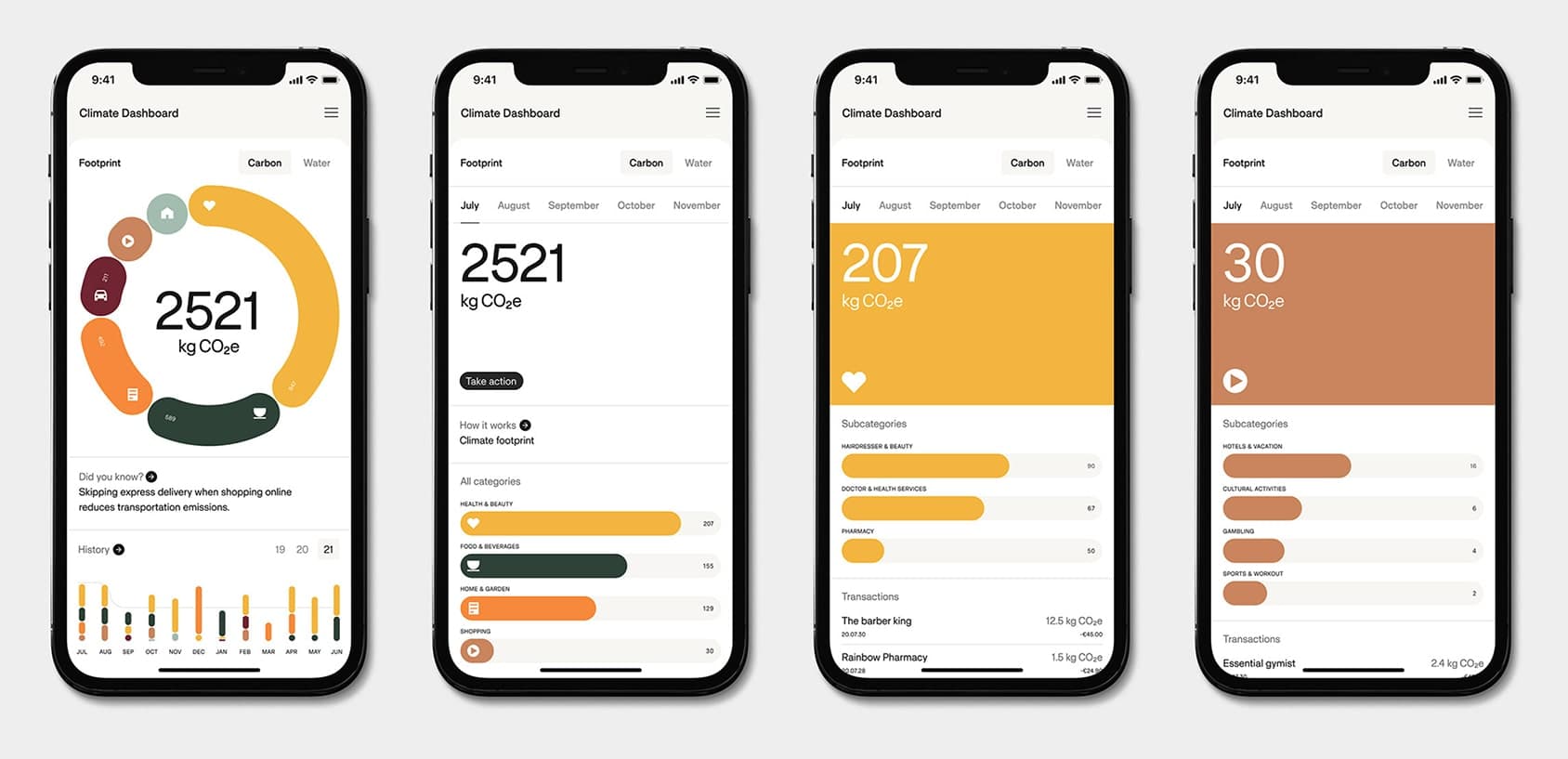Reasons Why iOS Will Be the Future of Mobile Applications
In recent years, an increasing number of mobile app creators and even businesses have joined this platform to implement better strategies and improve their mobile app solutions game. When it comes to mobile app creation for the platform, iOS from Apple has always had a dignified place reserved in the digital ecosystem and has a super specialized and specific approach. The platform is unique in that iPhone app development in Sydney necessitates extensive strategic planning and proper implementation.
1. Swift Is The Most Advantageous Language For iOS Mobile Development.
The foundation of app development is coding; if it is poor, the app will be poor as well. Swift, the popular programming language, has been widely accepted and used by iOS app developers of all sizes and backgrounds. The language lives up to its promise of producing excellent results with minimal coding. In fact, language serves as an effective communicator between the computer and the coder, making it simple for the computer to understand what is expected of it.
2. High-Quality Emulators Enhance The iOS App.
Emulators make the entire mobile app creation process much more intuitive and assist you in creating experiences that keep app users hooked. This is why the quality of emulators is so important. When compared to other operating systems, iOS emulators are noticeably faster and provide superior support.
3. It Is Easier To Launch An iPhone App.
It has been proven through research that it takes 30-40% less time than Android apps. One of the reasons for this is that writing code for iOS apps is simpler. As previously stated in the article, Swift makes it much easier to write iOS apps than Java for Android, which takes much longer.
Another reason iOS apps are faster to develop is that Android is open source and lacks standardization. As a result, there are more types of devices, different components, and software fragmentation to deal with. In contrast, Apple has a closed ecosystem, which means that there are only a few standardized devices and operating systems.
4. Improved Developer Support and Tools
Apple’s developer support and tools are superior to all other operating systems, including one of the market leaders, Android. Because the Android platform is open source, it lacks any kind of standardization, making it more difficult to find good app development company support or development tools.
5. iOS Device Fragmentation Is Reduced, Making The Process Easier.
Even a perfectly developed Android app is vulnerable to bugs because it must deal with a plethora of brands, platforms, and screen sizes! However, in the case of iOS app development, the number of versions and types of devices is limited, making it relatively easier to build the apps and reducing the chances of unforeseen bugs in the app.
6. It Is Simple To Maintain An App When Users Keep The Operating System Up To Date.
It is difficult to ensure that your app is platform-compatible due to the numerous device resolutions and screen sizes. This is in addition to avoiding or minimizing bugs and crashes for users who are still using older operating system versions.
According to statistics, Android users take longer to adopt newer operating systems, whereas Apple users are more likely to update their operating systems.
7. Cost of Development
The cost or budget of any project is heavily influenced by its overall scope and complexity. The larger and more complicated the project, the higher the budget or cost associated with it. As previously stated, due to the complexity of coding and the large number of device resolutions that must be dealt with, the development costs for Android apps are bound to be high. When deciding between Android and iOS mobile engineering, one of the most important deciding factors for developers is cost.
8. Customer Loyalty
This is an important metric to monitor when comparing Android and iOS development. According to statistics, iPhone owners are more loyal to Apple than Android owners are to their devices. According to a recent survey, 92 percent of iPhone owners agree that they would only buy Apple products. Samsung received 77 percent, LG received 59 percent, and Motorola received 56 percent.
Conclusion
Whether you decide to build an iOS app or an Android app, you must first gain a thorough understanding of both platforms. The decision should be guided by various factors such as your target audience, budget constraints, and whether the goal of your app is to make money or to expand your reach. However, there is a way to get both versions of your app without breaking the bank. All you have to do is to reach out to TheAD, we will help you with application development in Sydney!








